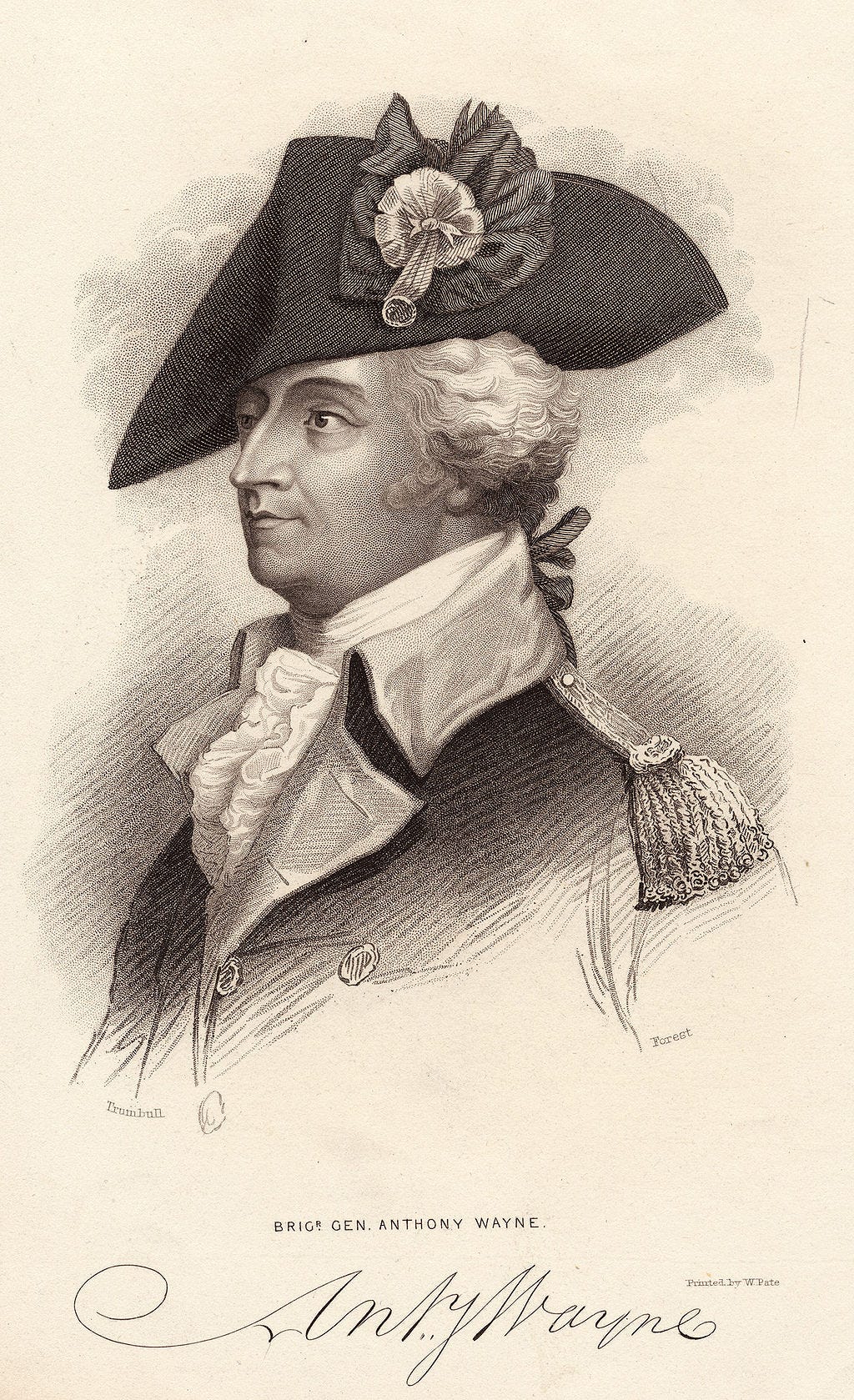TDIH: Battle of Green Spring
The British might have won the field, but they squandered an opportunity to squash American forces in Virginia. That failure would set up the British to lose the all-important Battle of Yorktown.
On this day in 1781, the Battle of Green Spring is fought. Technically, the battle was a British victory. Strategically, it was anything but! The British might have won the field, but they squandered an opportunity to squash American forces in Virginia.
That failure would set up the British to lose the all-important Battle of Yorktown.
British General Charles Cornwallis was then in Virginia, moving his army from Williamsburg to Portsmouth. He planned to cross the James River near Green Spring Plantation. The Marquis de Lafayette was also in the area, leading Patriot forces. He didn’t have enough men to take on Cornwallis’s entire army, but he planned to attack the British rear guard after the main army was already across the river.
If only he’d known that Cornwallis was on to him. Cornwallis intended to set a trap.
Cornwallis found a position along the river where he could hide his main army and lay in wait for Lafayette. In the meantime, a contingent led by “Bloody Ban” Tarleton pretended to be bringing up the rear.
In an even sneakier move, Tarleton “gave money and encouraging promises to a negroe and a dragoon, to communicate false intelligence, under the appearance of deserters.” The fake deserters were to reinforce the idea that most of the army was over the river, while a rear guard was still lagging behind.
Lafayette received this fake intelligence from the planted informers on July 6. It was exactly what he’d hoped for. He dispatched Mad Anthony Wayne to attack the British rear guard.
At first things seemed to be going well for Americans, but they soon discovered the ruse. Wayne was in a bad spot, but he decided to play a trick of his own. The British surely expected him to retreat, so he did something completely different. He ordered his men to attack. They formed a fixed bayonet charge. “[W]e came within 80 yards of the whole [British] army,” one of Wayne’s men later wrote.
The British forces were caught by surprise, which helped Wayne’s men to make their escape. Wayne had staved off disaster, but he unfortunately had to leave some artillery behind.
“The affair was not ended before dark,” Tarleton later reported, “when the enemy abandoned their cannon, and repassed the swamp in confusion. The woods, the morasses, and the obscurity of night, prevented the pursuit of the cavalry.”
The British, it was said afterwards, were “out-generalled.” Americans had taken “necessary, though daring, measures, which seldom fail of producing the desired effect, that is, confusing the enemy, and opening a way to retreat in sight of a much superior army.”
What a fortuitous turn of events. The American escape would prove to be necessary to the Patriot cause. If Cornwallis had been able to annihilate Lafayette, Tarleton later wrote, then “[s]uch an exploit would have been easy, fortunate, and glorious, and would have prevented the combination which produced the fall of York town and Gloucester.”
Fortunately, Lafayette escaped Cornwallis’s clutches. Just a few short months later, Cornwallis would instead find himself surrendering to General George Washington at Yorktown.
Sources can always be found on my website, here.



Brilliant move by Mad Anthony Wayne!
🇺🇲 🗽 🇺🇸